ORLANDO, Florida — A low dose of the sodium-glucose cotransporter-2 inhibitor (SGLT2i) dapagliflozin combined with insulin improved glycemic control and slowed kidney function decline in adolescents with type 1 diabetes, new trial results showed.
Diabetic ketoacidosis (DKA), an ongoing concern with the SGLT2i class, occurred in only one participant taking the drug in the ATTEMPT trial although significantly more experienced blood ketones with dapagliflozin than with placebo. The data were presented June 24, 2024, in a 90-minute symposium at the annual American Diabetes Association Scientific Sessions.
Currently, the SGLT2i drug class is not approved by the US Food and Drug Administration for use in people with type 1 diabetes.
Adolescents with type 1 diabetes were studied in ATTEMPT because 75% don't meet glycemic goals, and many develop supraphysiologic increases in glomerular filtration rate, or hyperfiltration. Prevention of kidney disease progression is important because chronic kidney disease is seen in half of adults with type 1 diabetes, lead investigator Farid Mahmud, MD, a pediatric endocrinologist at the University of Toronto, Toronto, Ontario, Canada, explained at a press briefing held during the meeting.
The ATTEMPT trial showed that "low-dose SGL2i, in this case dapagliflozin 5 mg, can be safely given to adolescents and youth with type 1 diabetes to ameliorate kidney function decline and optimize glycemic control," Mahmud said.
Importantly, he noted that the study included a DKA mitigation strategy developed in conjunction with patients. "This allows us a really important framework for how we evaluate important physiologic outcomes, metabolic outcomes, and clinically relevant outcomes in a patient-centered way when we look at adjunctive therapies in addition to insulin to optimize management in youth with type 1 diabetes."
Pediatric endocrinologist Jennifer Sherr, MD, PhD, professor of pediatrics at Yale University, New Haven, Connecticut, told Medscape Medical News, "It's hard in the real world, because you may not have the same amount of time, or you may not have the same refined DKA mitigation plan. But, I think what we're on the precipice of having new tools. If we can have continuous ketone monitors, which I think is in the not-too-distant future, it opens everything up."
Added Sherr, who gave independent commentary during the conference symposium, "The way I look at it, these kids had a lifetime of diabetes…I want them to lead long and healthy lives…Who knows if [the improvement in kidney function] is because of the drop in [glomerular filtration rate] or the improved glucose levels, or a multitude of things coming together. But if we can help protect them, I think that with integration of a continuous ketone monitor I can see it becoming much more prevalent."
With Mitigation Strategy, Only One Mild Case of DKA
In the multicenter, double-blinded, randomized, placebo-controlled ATTEMPT trial, 98 youth with type 1 diabetes aged 12-18 years were randomized to either 5 mg per day of dapagliflozin or placebo for 22 weeks.
The group receiving dapagliflozin experienced a significant attenuation in the direct evaluation of the "good standard" measured glomerular filtration rate. A1c also declined significantly, by 0.48 percentage points (P = .001).
There were no significant differences in the occurrence of adverse events overall or in hypoglycemia or genitourinary tract infections. While not statistically significant, there was one mild case of DKA with dapagliflozin. Moreover, the dapagliflozin group also had a significantly greater number of blood ketone levels at or above 6 mmol/L, 106 vs 62 with placebo (P < .001). "We see ketosis in both groups because these individuals have type 1 diabetes," Mahmud commented.
Sherr commented, "I was so grateful they did the study in such a planned, cautious manner and had the right systems built in to show this can be done safely. I think they laid the groundwork to say this can be done in theory. And I do think it'll be select groups at first, but then it will go to larger groups, and with better tools, even larger."
Mahmud told Medscape Medical News, "How do we mitigate risk in people who don't have symptoms, kidney disease, or cardiovascular disease? We have to think of who the child may become. That's important for us to do as pediatricians."
Will SGLT2 Inhibitors Become Available for People With Type 1 Diabetes?
The presentation of the ATTEMPT findings at ADA came just 3 days after an announcement by Lexicon Pharmaceuticals stating it resubmitted its New Drug Application for its dual SGLT1/SGLT2 inhibitor sotagliflozin as an adjunct to insulin therapy for glycemic control in people with type 1 diabetes and chronic kidney disease.
The FDA had previously rejected sotagliflozin as adjunctive treatment for type 1 diabetes in March 2019 and subsequently also rejected dapagliflozin and empagliflozin as well for type 1 diabetes. The focus on individuals with kidney disease is new.
The ATTEMPT Study was supported by JDRF Canada in partnership with the Canadian Institute of Health Research, Strategies for Patient Oriented Research. AstraZeneca donated the drug, and Dexcom, the continuous glucose sensors, used in the trial. Mahmud had no further disclosures. Sherr received grants/contracts, consulting/advisory board fees, and/or payment/honoraria from JDRF, National Institute of Diabetes and Digestive and Kidney Diseases, Jaeb Center for Health Research, Insulet, Medtronic, Provention Bio, Abbott, Medtronic Diabetes, Zealand Pharma, Bigfoot Medical, Cecelia Health, Novo Nordisk, and Vertex Pharmaceuticals. She also reported owning stock/stock options of StartUp Health T1D Moonshot.
Miriam E. Tucker is a freelance journalist based in the Washington DC area. She is a regular contributor to Medscape Medical News, with other work appearing in the Washington Post, NPR's Shots blog, and Diatribe. She is on X @MiriamETucker.

.webp) 3 days ago
5
3 days ago
5



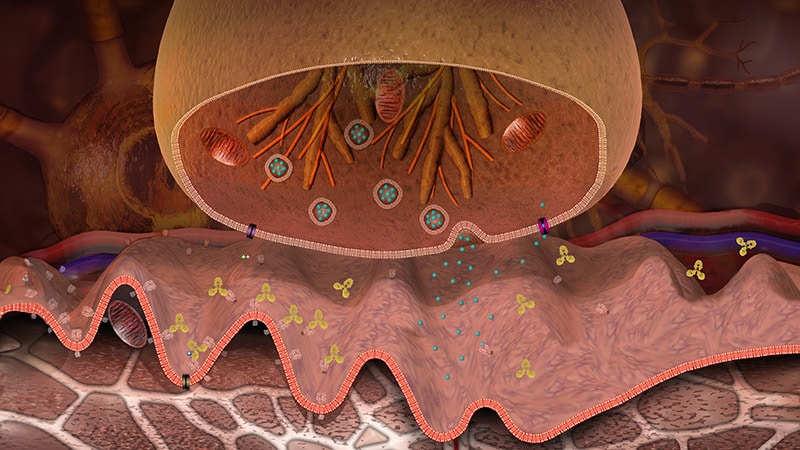

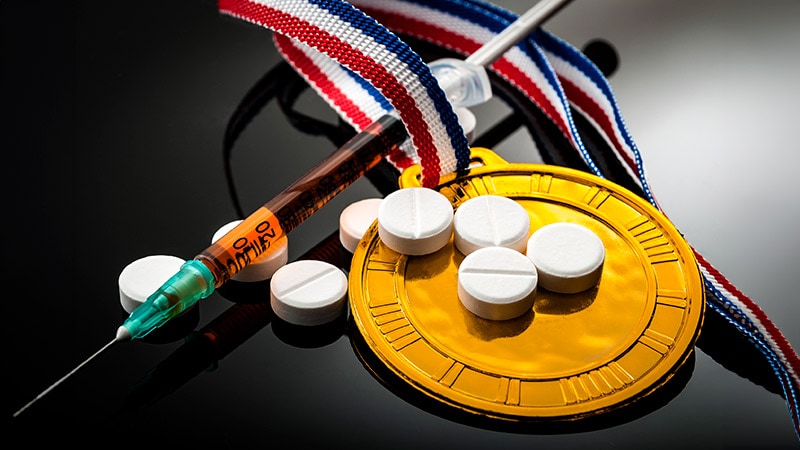
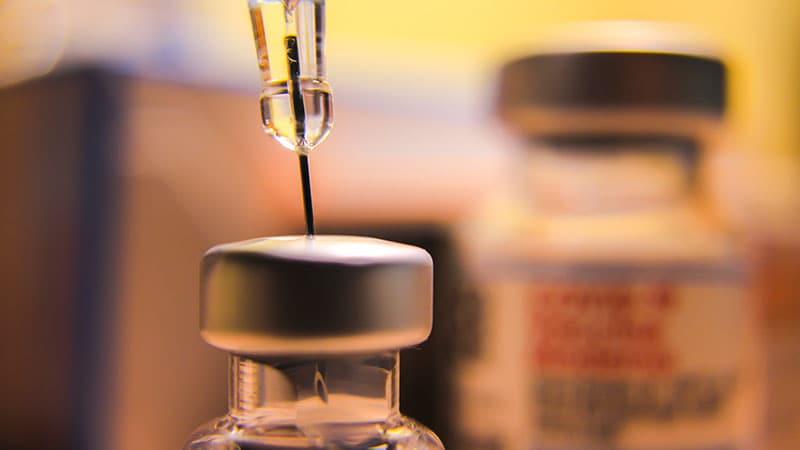

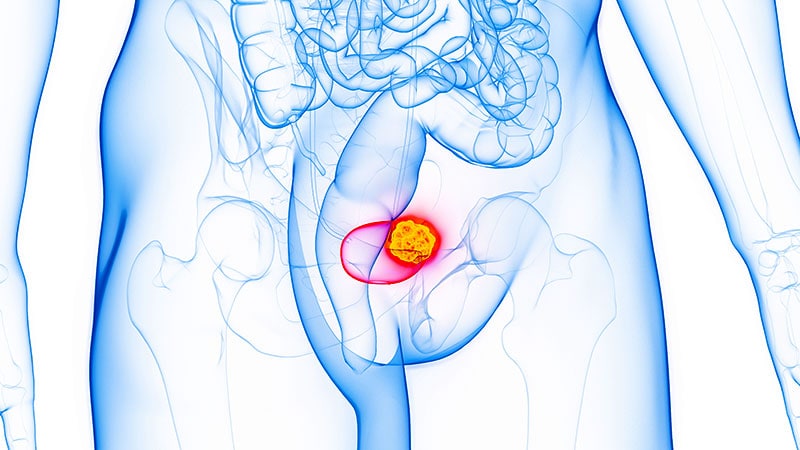

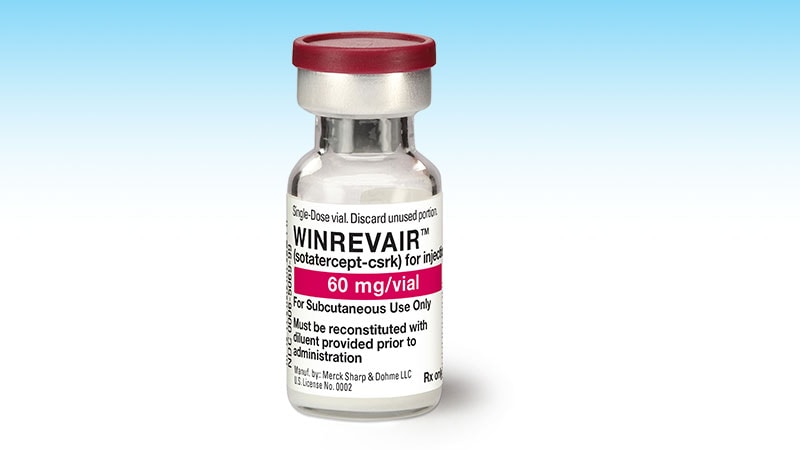


















 English (US)
English (US)